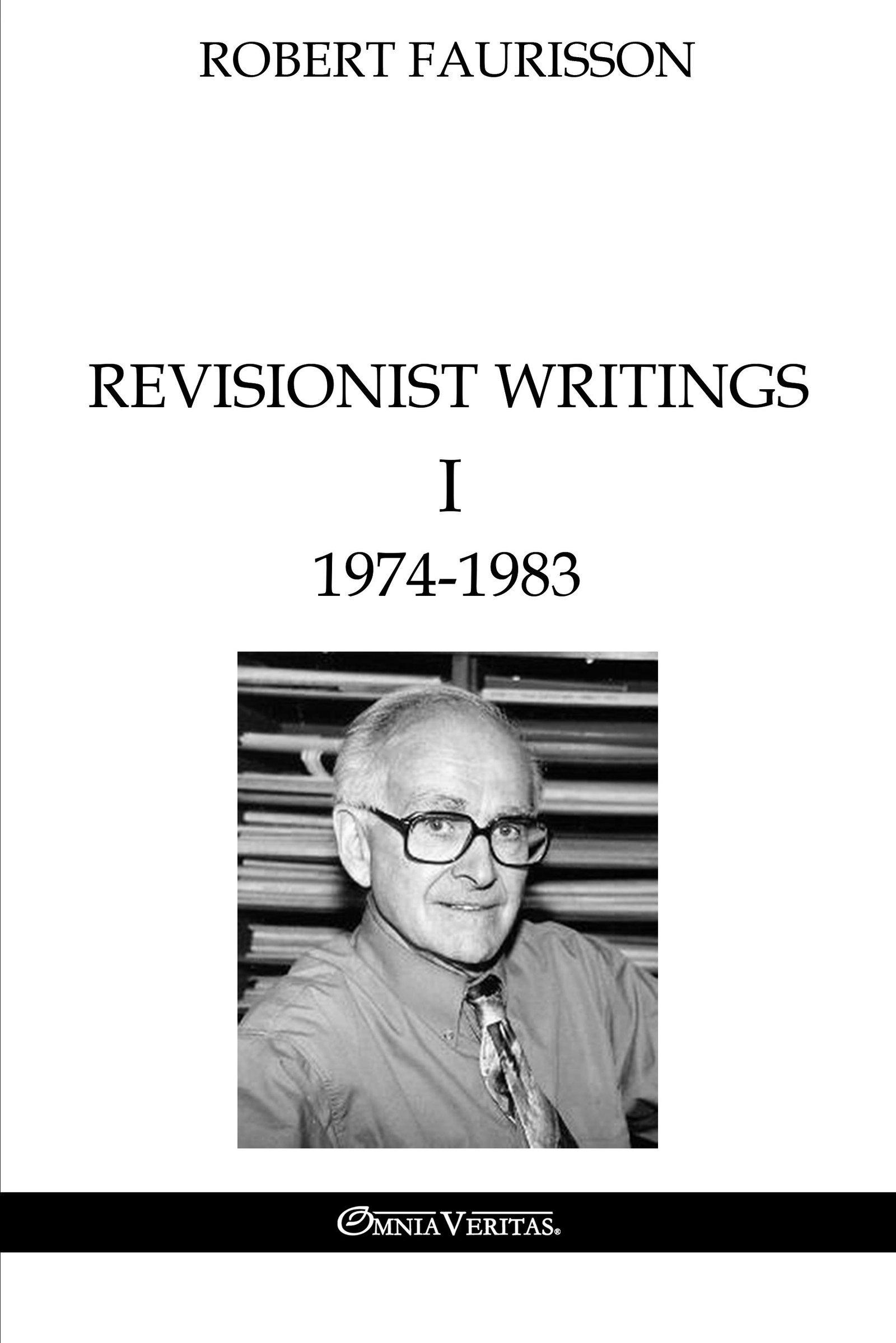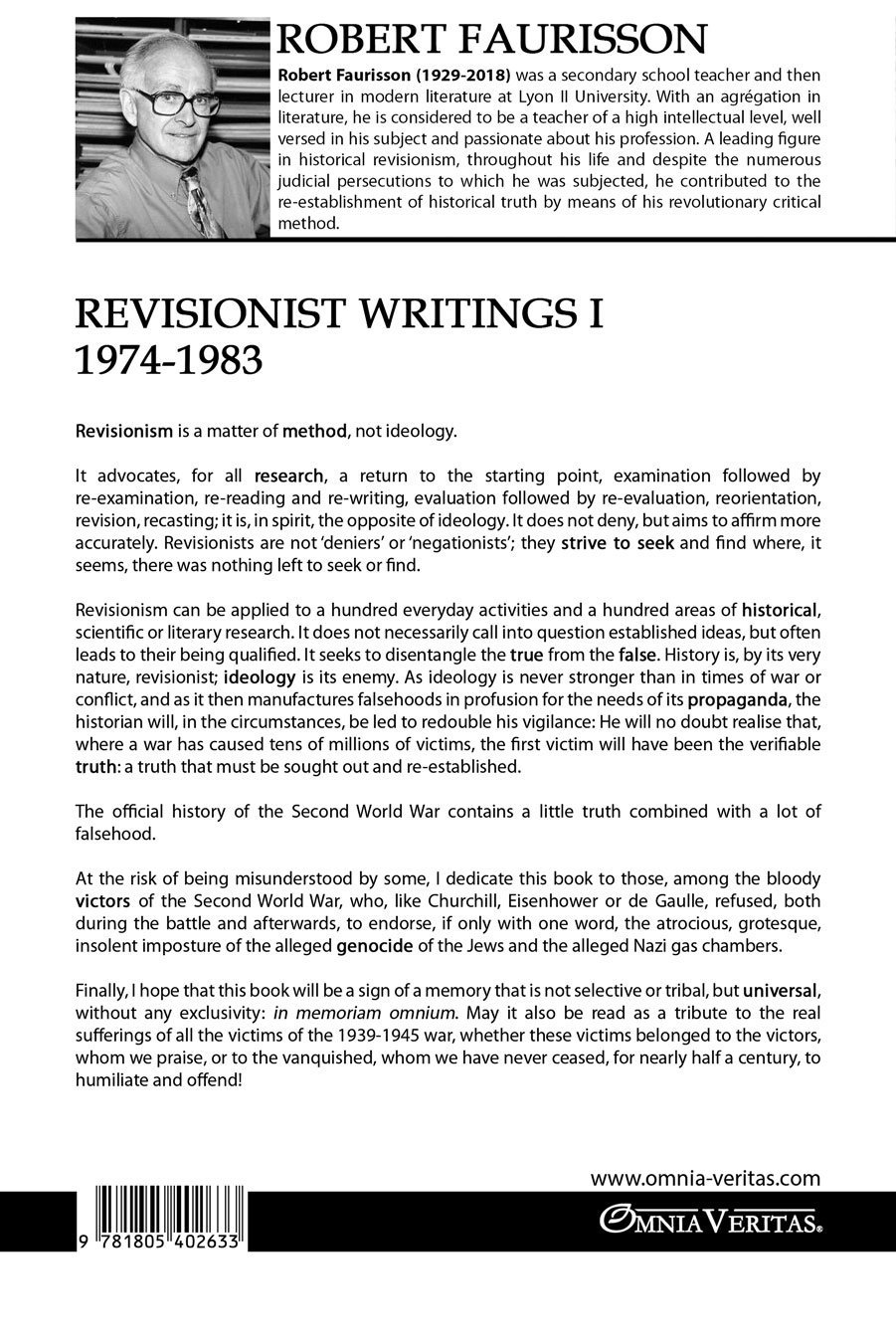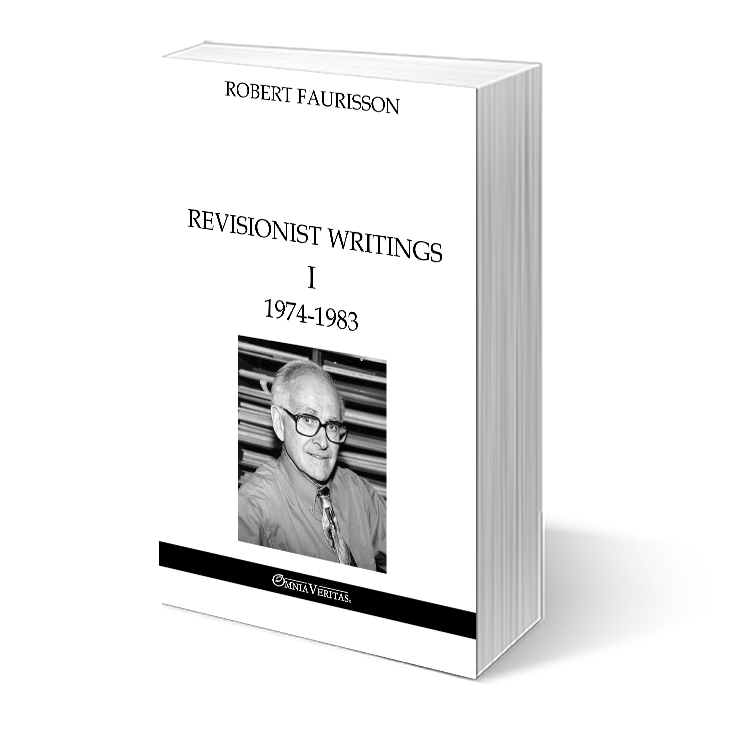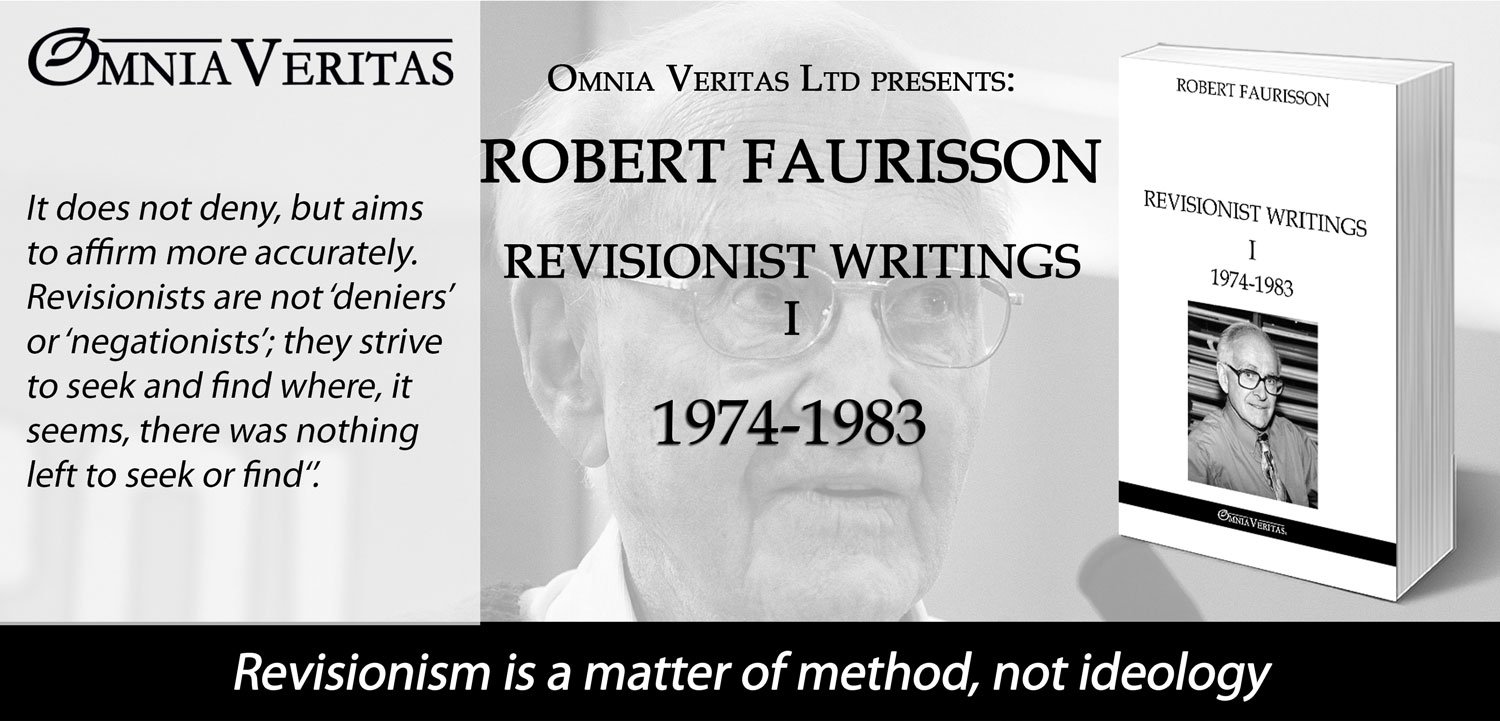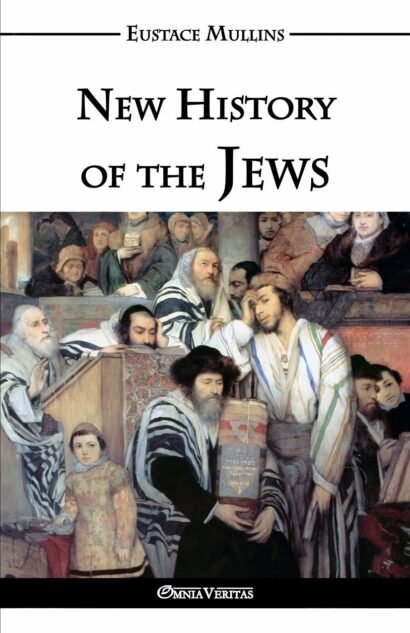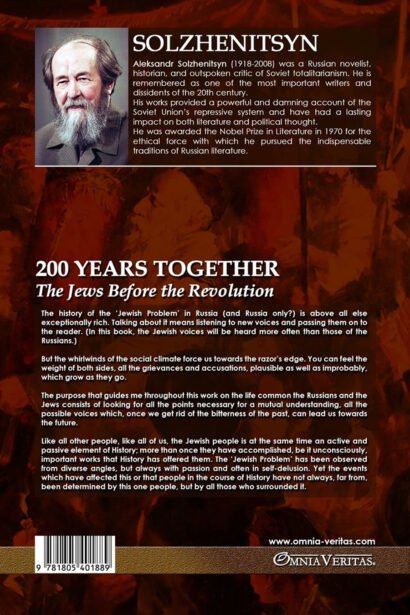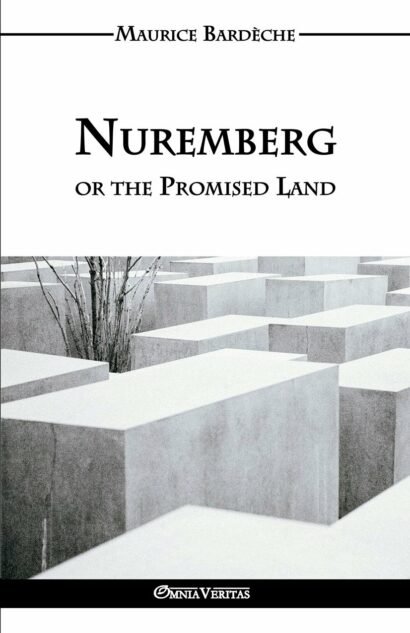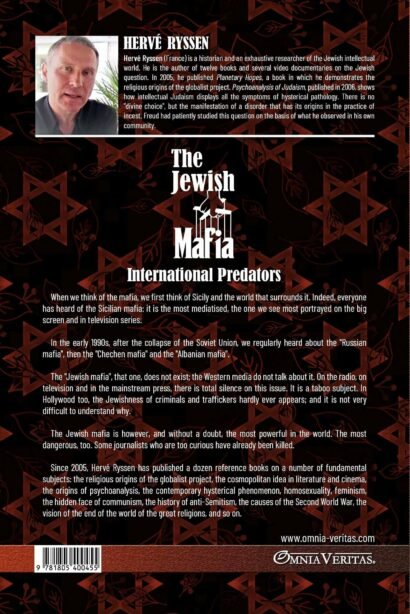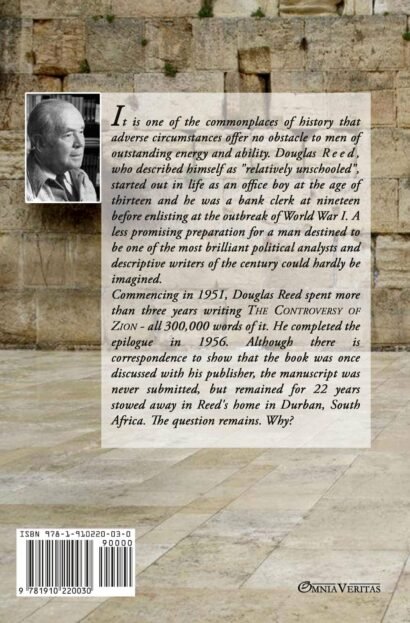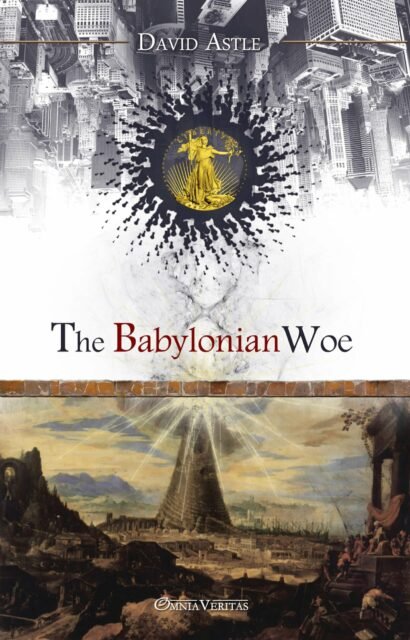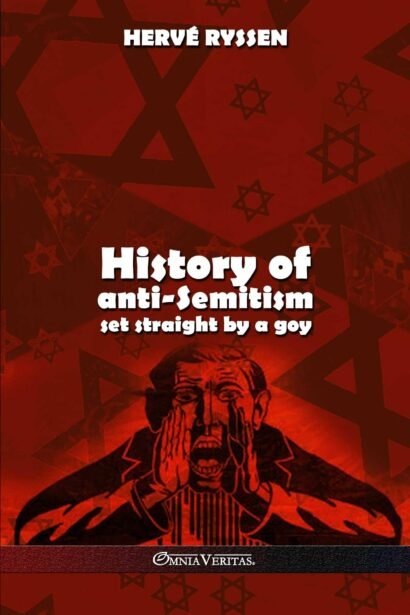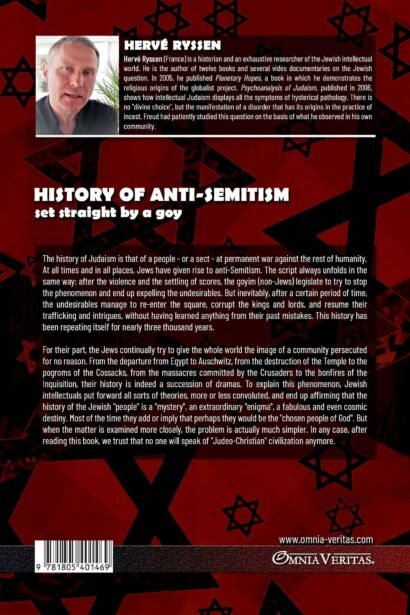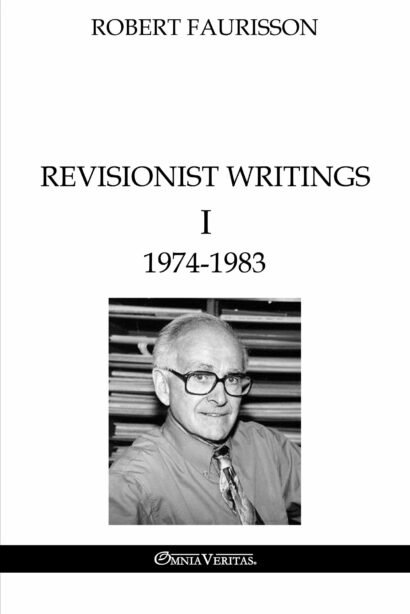Description
Revisionists are not ‘deniers’ or ‘negationists’; they strive to seek and find where, it seems, there was nothing left to seek or find.
Revisionism can be applied to a hundred everyday activities and a hundred areas of historical, scientific or literary research. It does not necessarily call into question established ideas, but often leads to their being qualified. It seeks to disentangle the true from the false. History is, by its very nature, revisionist; ideology is its enemy. As ideology is never stronger than in times of war or conflict, and as it then manufactures falsehoods in profusion for the needs of its propaganda, the historian will, in the circumstances, be led to redouble his vigilance: He will no doubt realise that, where a war has caused tens of millions of victims, the first victim will have been the verifiable truth: a truth that must be sought out and re-established.
The official history of the Second World War contains a little truth combined with a lot of falsehood.
At the risk of being misunderstood by some, I dedicate this book to those, among the bloody victors of the Second World War, who, like Churchill, Eisenhower or de Gaulle, refused, both during the battle and afterwards, to endorse, if only with one word, the atrocious, grotesque, insolent imposture of the alleged genocide of the Jews and the alleged Nazi gas chambers.
Lastly, I hope that this book will be a sign of a memory that is not selective or tribal, but universal, without any exclusivity: in memoriam omnium. May it also be read as a tribute to the real sufferings of all the victims of the 1939-1945 war, whether these victims belonged to the victors, whom we praise, or to the vanquished, whom we have never ceased, for nearly half a century, to humiliate and offend!
